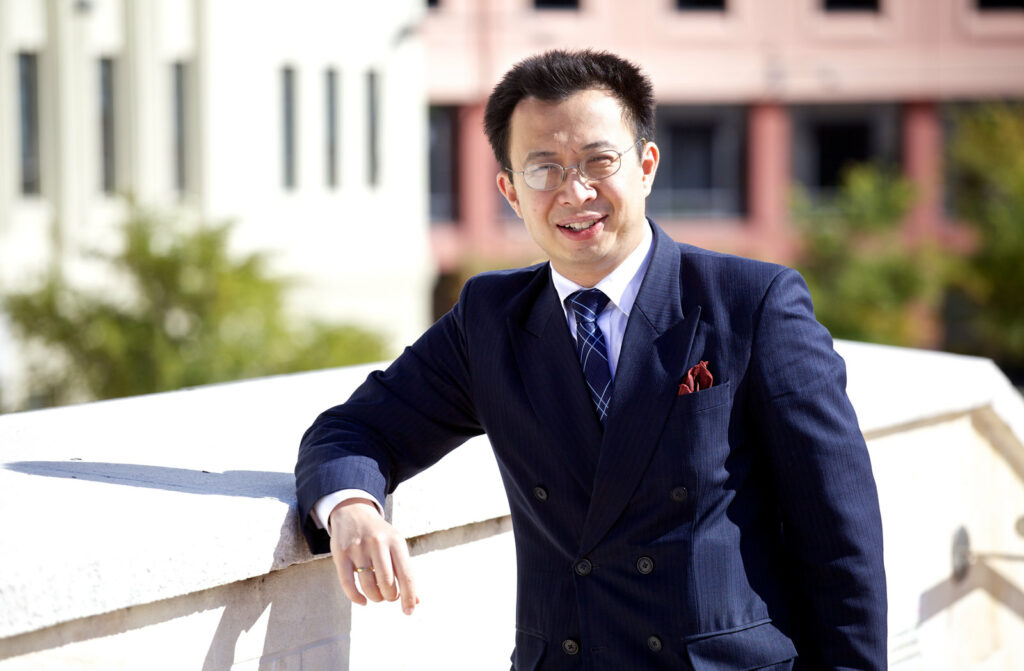A friend in the UK recently told me: I read how companies say they cannot find anyone to fill their roles, and I have a bunch of very talented, highly qualified friends who are out of work who can’t find anything. Having looked into this locally, it’s far from being a strictly UK problem. I […]
Read More… from Most of HR isn’t about finding the right candidate
